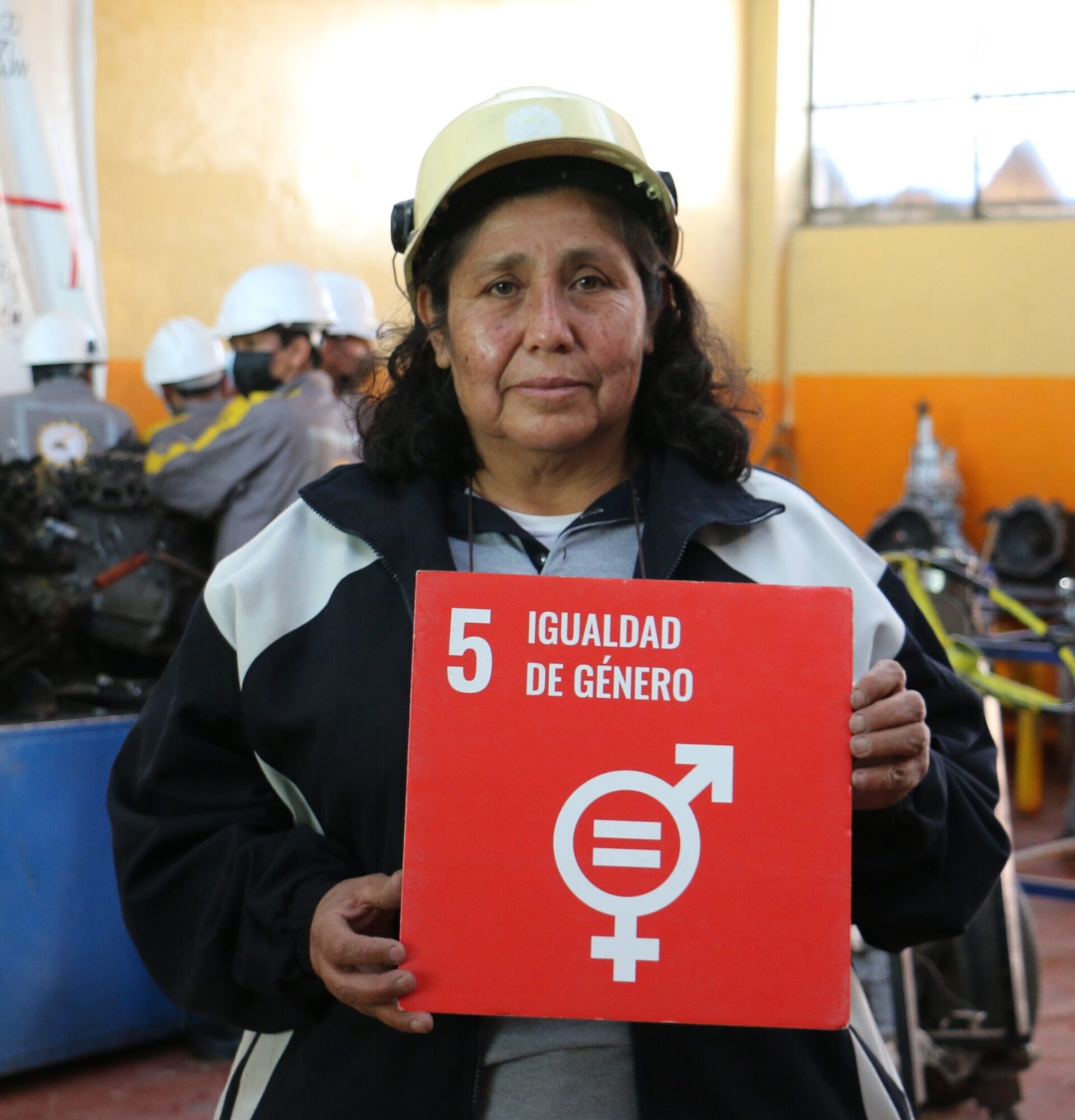
500 students
and faculty of IESTP-HDE participated in a 240-hour workshop on the disposal of organic and inorganic waste.
The direct beneficiaries of Project B07 were the Instituto de Educación Superior Tecnológico Público Honorio Delgado Espinoza (IESTP-HDE) in Arequipa and the Instituto de Educación Superior Tecnológico (IEST) Pedro P. Díaz.
The initiative focused broadly on the curricular revision and improvement of the Metallurgy and Heavy Machinery Maintenance programs, the training of instructors and administrative staff, the acquisition of equipment for these study programs, the introduction of applied research, and cross-cutting work on gender equality and the environment.
Due to the pandemic, the project had to address challenges such as adapting the content, methods, strategies, techniques, and resources of face-to-face education curricula to online learning. Challenges were also faced around the low level of knowledge of both faculty and students on the use and command of virtual technologies, resources, and IT tools suitable for each program of study. The goal was to make the virtual experience as close as possible to the experience of face-to-face education.
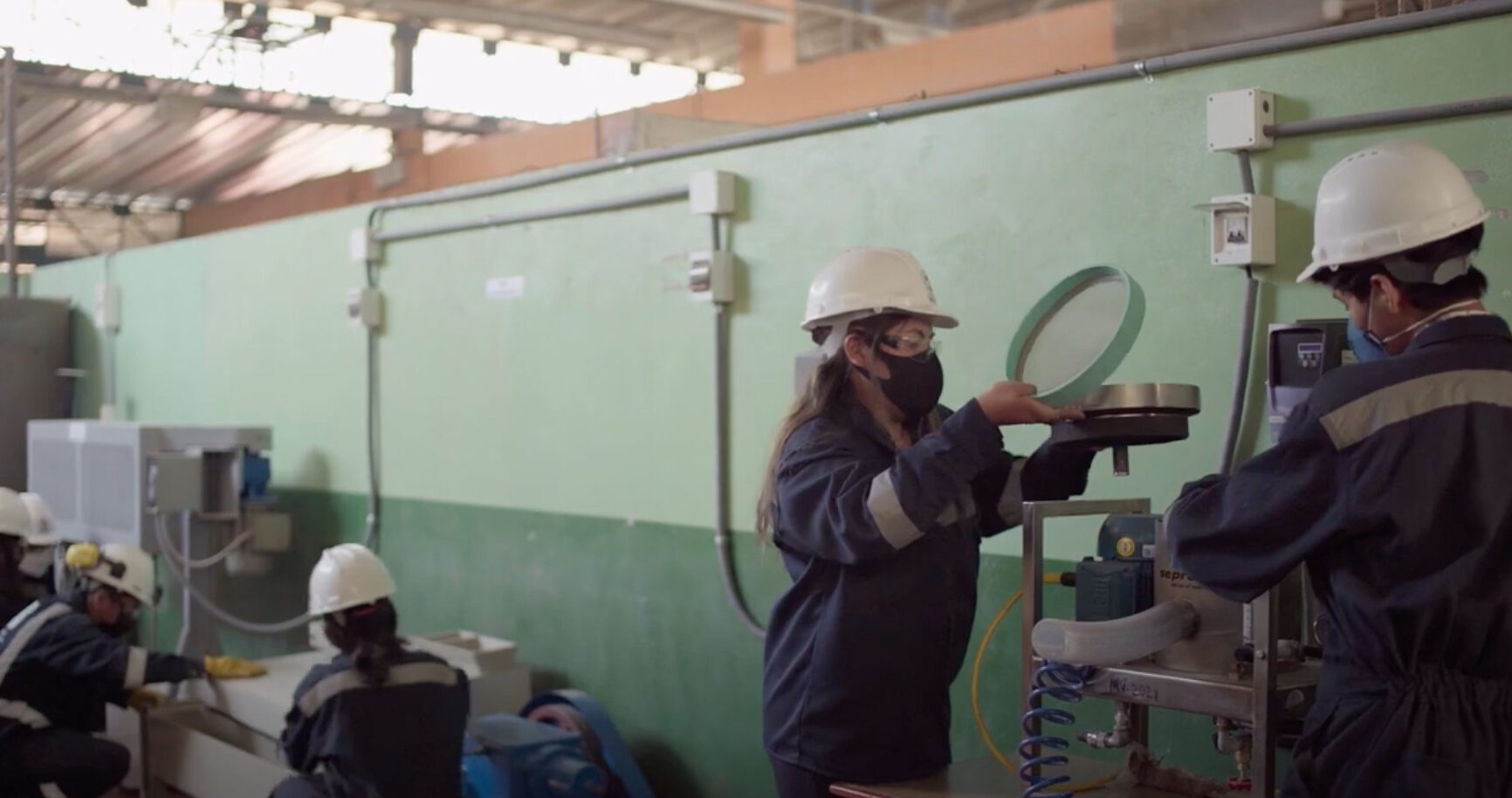
An educational visit was organized for representatives of the Metallurgy and Heavy Machinery programs at the Instituto de Educación Superior Tecnológico Público Honorio Delgado Espinoza (IESTP-HDE) to the College of New Caledonia (CNC) and the British Columbia Institute of Technology (BCIT) in Canada. Training was also provided for teachers and administrative staff to improve the institutional capacities of IESTP-HDE and the Instituto de Educación Superior Tecnológico (IEST) Pedro P. Díaz. The trainings included: 1) the re-integration of students into in-person education; and 2) technical literacy in English.
Equipment was also acquired for the classrooms and instructors. In Metallurgy, 12 pieces of equipment were installed; Heavy Machinery Maintenance now has a backhoe, which is very important for student learning. In addition, the project purchased 20 computers for students to carry out simulations and provided support for the acquisition of a server for online training. This equipment made it possible to incorporate technologies for technical and scientific learning and increased the use of resources by instructors and students through improved speed and a greater availability of data.
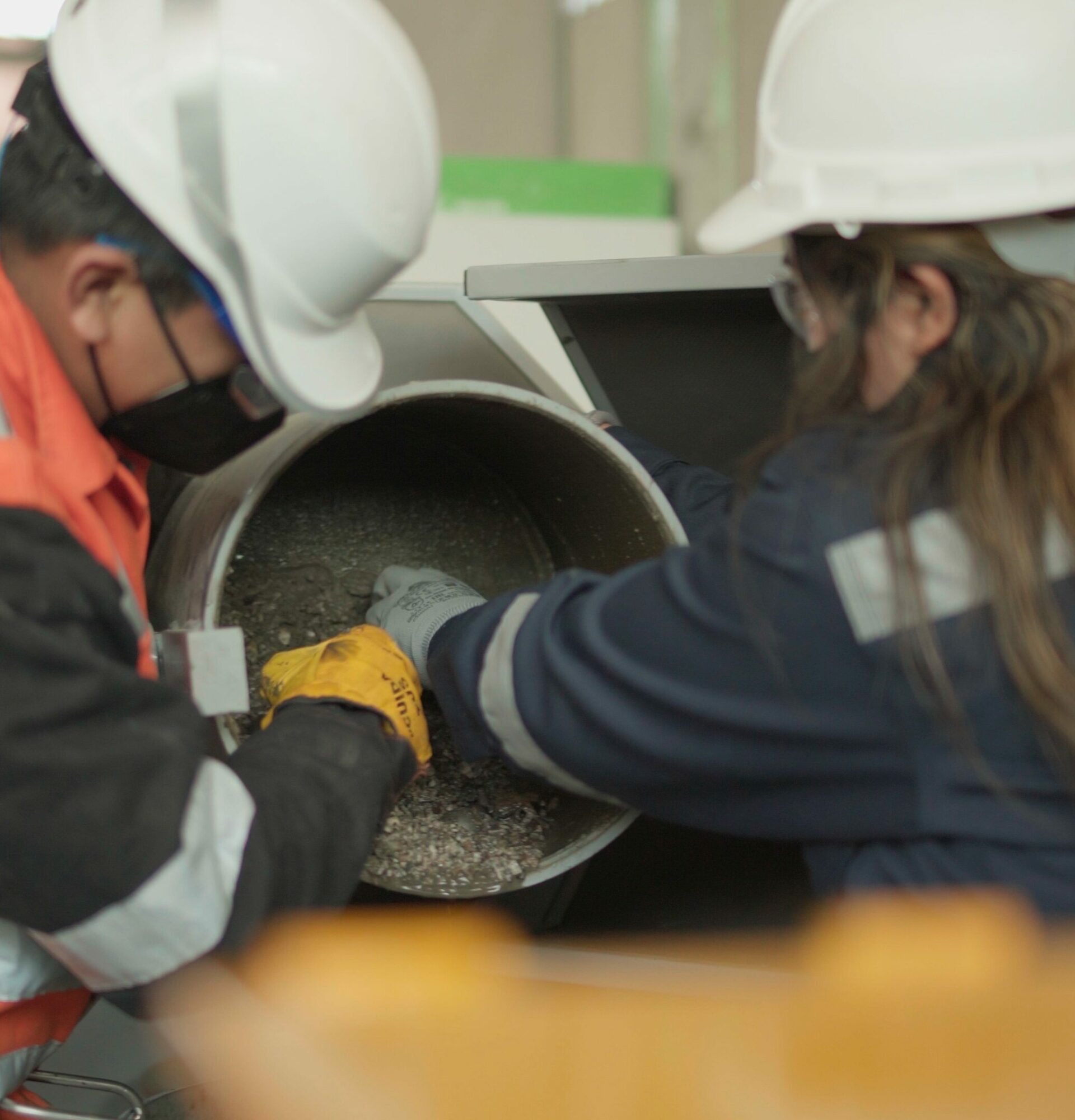

and faculty of IESTP-HDE participated in a 240-hour workshop on the disposal of organic and inorganic waste.
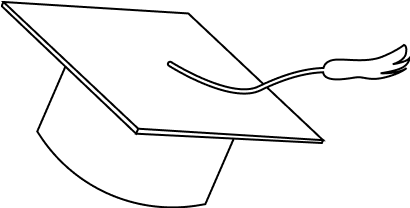
benefited from a seminar on the reintegration of students into face-to-face education.
UNEXPECTED RESULTS
Forty-seven teachers and managers completed 114 hours of training in applied research and innovation tailored to the needs of IESTP-HDE and its context.
Hear what they say about it
“During COVID-19 we had serious problems; we didn’t know how to tackle the challenge of keeping education going, since it couldn’t simply be paralyzed… We have 11 study programs at the Institute, and the Ministry of Education stipulated that in order to switch the process from face-to-face over to virtual education, we first had to review the programs, the syllabi, and the content, and we had to prioritize in order to make education accessible over virtual platforms.”
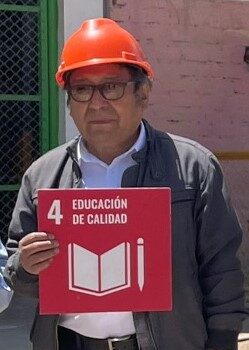
This yielded the following benefits: an increase in the number of female students in the traditionally male-dominated courses of Metallurgy and Heavy Machinery Maintenance; more hours of practice (not just theory) for students, thus improving their preparation for the labour market; and discussions with local companies, which resulted in an increase in the number of IESTP-HDE graduates recruited.
This made it possible to meet the needs of 300 courses/teaching units, in virtual, hybrid, synchronous, and asynchronous education; to serve 1,800 students in the 11 study programs, including Metallurgy and Heavy Machinery Maintenance; and for 100 teachers from the 11 study programs to work with the Moodle platform.
This course was tailored to the needs of IESTP-HDE and its context. It included topics such as leadership in applied research; equity, diversity, and inclusion in educational institutes; communication management; and stress management in applied research teams.
This was achieved through initiatives such as: the design of the toolkit with the institution’s Gender Committee; a talk on strategies for dealing with violence against women; an agreement with the Peruvian Ministry of Women and Vulnerable Populations (Spanish acronym: MIMP) for the ongoing training of teachers in gender equality; and talks and workshops for students on environmental sustainability issues, with the support of local organizations and foundations.
Hear what they say about it
Carmen Mansilla Hinojosa
Profesor at the IEST Honorio Delgado Espinoza, Arequipa, Peru
